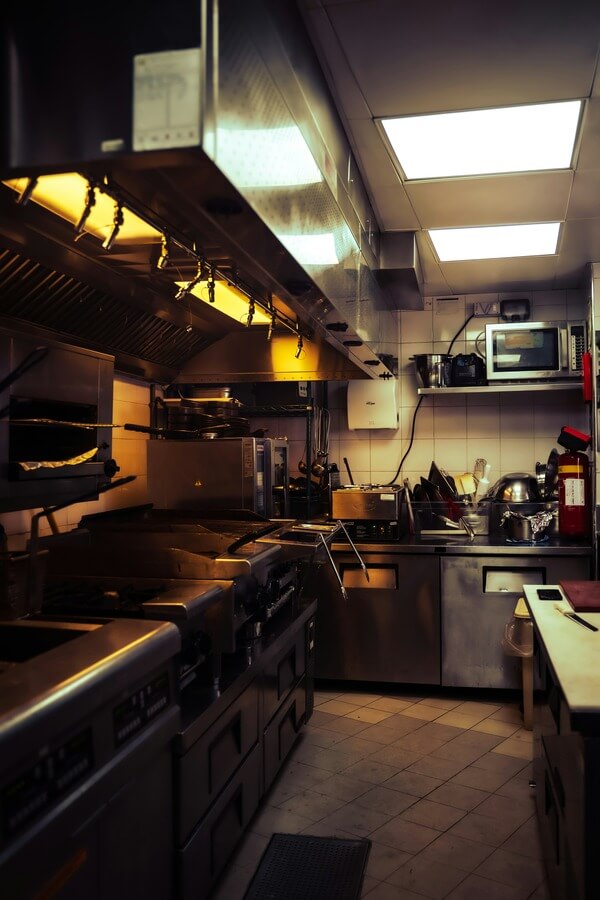How to Prevent Mold in Philadelphia: Tips and Tricks
In this blog post, we will discuss some tips and tricks to help prevent mold growth in Philly.

How to Prevent Mold in Philadelphia: Tips and Tricks
Mold is a common problem in many homes and buildings in Philadelphia, particularly during the humid summer months. Mold not only looks unsightly, but it can also cause respiratory problems, allergies, and even structural damage. Therefore, it is important to take proactive steps to prevent mold growth in your home or business. In this blog post, we will discuss some tips and tricks to help prevent mold growth in Philadelphia.
1. Keep Humidity Levels Low
Mold thrives in damp environments, and due to Philadelphia's humid climate, it is essential to keep humidity levels low in your home or business. You can use a dehumidifier to reduce the moisture levels in your indoor air. It is recommended to keep indoor humidity levels below 50%.
Most dehumidifiers allow you to set the desired humidity, and they will turn on until that humidity level is achieved. You can also use an air conditioner to regulate the temperature and humidity levels in your home.

2. Ventilate Bathrooms and Kitchens
Bathrooms and kitchens are particularly susceptible to mold growth due to the high levels of moisture and humidity. You can prevent mold growth by ensuring that these areas are well-ventilated. Use exhaust fans to remove excess moisture from the air after taking a shower or cooking. Open windows when possible to allow for air circulation.
3. Fix Water Leaks Promptly
Water leaks are a major cause of mold growth in Philadelphia due to the houses being older, and many having flat roofs. It is important to fix any water leaks promptly. Check your pipes, faucets, and toilets regularly for signs of leaks. If you notice any leaks, have them repaired as soon as possible to prevent mold growth.
Regularly, have your roof inspected to find weak spots or excess water build up before it turns into a leak.
4. Clean and Dry Wet Areas Promptly
Mold can grow quickly in wet areas. Therefore, it is important to clean and dry any wet areas promptly. This includes spills, leaks, and floods. Use a wet vacuum or mop to clean up any standing water. Allow the area to dry completely before replacing any furniture or carpeting.
5. Use Mold-Resistant Materials
When building or remodeling your home, consider using mold-resistant materials. These materials are designed to resist mold growth and are particularly useful in areas such as bathrooms and kitchens. Some examples of mold-resistant materials include mold-resistant drywall and mold-resistant paint.
6. Regularly Clean and Maintain Your HVAC System
Your HVAC system can also contribute to mold growth if not properly maintained, and since many in Philadelphia have old ventilation systems, this can often be the case. Regularly clean and maintain your HVAC system to prevent mold growth. Change your air filters regularly, and have your system inspected and cleaned by a professional at least once a year.
Wrap Up
In conclusion, preventing mold growth in Philadelphia requires a proactive approach. By keeping humidity levels low, ventilating bathrooms and kitchens, fixing water leaks promptly, cleaning and drying wet areas, using mold-resistant materials, and regularly cleaning and maintaining your HVAC system, you can help prevent mold growth in your home or business. Taking these simple steps can save you time and money in the long run and help keep you and your family or employees healthy.
If mold does become a problem, seek help of a professional mold remediation company. Since mold is a recurring problem in Philadelphia, you want the protocols and process of a pro to make sure the mold doesn't come back. At Top Shelf Mold Removal, we take extra steps in treatment, such as using a mold-preventive primer to make the area less hospitable to mold.
Plus, we offer a free 5-year warranty guarantee, so you don't have to worry. Get a free quote today.
.jpg)
Top Shelf Mold Removal
Our goal is to treat Philadelphia homes at an affordable cost to make happier, healthier communities.
Get a free quote today.


